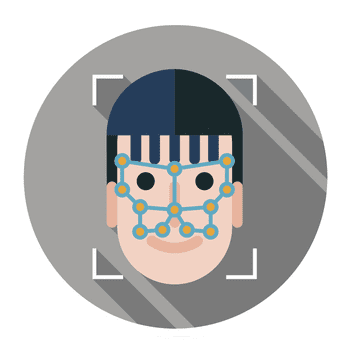Welcome to FindBiometrics’ digest of identity industry news. Here’s what you need to know about the world of digital identity and biometrics today:

Partnerships
Anonybit and Rank One Computing have engaged in a partnership that could prove to be a giant leap in the promotion of decentralized biometric matching. Anonybit, founded by former BioCatch executive Frances Zelazny, raised eyebrows earlier this year with its innovative approach to the storage of biometric data, which the company’s platform breaks down into shards of “anonybits” that are stored across multiple servers. Now, the partnership with ROC will fuse that decentralized approach with a popular modality – facial recognition.
Product Launches and Upgrades
Aratek has announced a combined access control and time and attendance tracking system based on its facial recognition technology. Dubbed “TruFace”, it’s billed as a “do-all” solution that leverages Aratek’s BA8200, BA8200-T, and BA8300 biometric terminals together with Aratek’s TruFace management software, enabling administrators to enroll and manage users and devices, perform device diagnostics, track when employees clock in and out, and set rules for body temperature scanning and mask detection, among other capabilities.
D4t4 Solutions Plc has upgraded its Celebrus Fraud Data Platform’s behavioral biometrics capabilities. The platform now has a “mouse paths” feature that is designed to assess the level of variance shown by an end user’s mouse pointer as it moves from one part of the screen to another. A perfectly straight line, for example, could be a fraud indicator. D4t4 says mouse behaviors are “a key part of a visitor’s biometric profile.”
Border Control
Veridos has announced the conclusion of the European Union-funded D4FLY research program, which was aimed at developing innovative border control solutions. Veridos was the program’s overall coordinator, working with a handful of partners including border control authorities, universities, and private companies. The effort has produced solutions including an AI system for determining a traveler’s travel history, a smartphone app for identity checks on buses, and a “biometric corridor” that is designed to recognize passengers as they pass through.
Turkey is now printing biometric passports, which feature additional security measures in comparison to the previous Turkish passport. The country reportedly embarked on a project to print its own passports after the global chip crisis hampered production on the part of its previous, European passport printer. At a press event, Interior Minister Süleyman Soylu said that Turkey will proceed to print passports for other countries, starting with Hungary and then France.
Executive Appointments
Incode has named Windsor Tanner, a former Socure executive, as its new Global Vice President of Growth and Enablement. Tanner served as VP of Sales for Socure from February of 2021 to July of this year. Before that, she was a sales VP for NICE Ltd, where she focused on the promotion of voice biometrics, authentication, and fraud prevention solutions for the Americas market from November of 2017 to February of 2021. Her appointment at Incode comes shortly after the company named former Jumio executive Dean Hickman-Smith as its new Chief Revenue Officer.
BIPA Cases
A class action lawsuit has been filed against the restaurant chains Applebee’s, Red Lobster, Chipotle, Blaze Pizza, Portillo’s, and Noodles & Co. over their alleged violations of Illinois’s Biometric Information Privacy Act. The lawsuit revolves around the restaurant chains’ use of a voice-based ordering system that allegedly collected the voice biometrics of customers who used the system, without first obtaining their express consent.
A Big Mistake
Xinai Electronics, a Hangzhou-based access control and attendance-tracking solutions provider, appears to have suffered one of the largest-scale data breaches yet seen in China. Over 800 million records, including face and license plate images, were exposed on an Alibaba-hosted server, completely unprotected by passwords. Xinai uses facial recognition in some of its access control solutions. TechCrunch speculates that the data leak was the result of human error.
–
August 31, 2022 – by Alex Perala









Follow Us